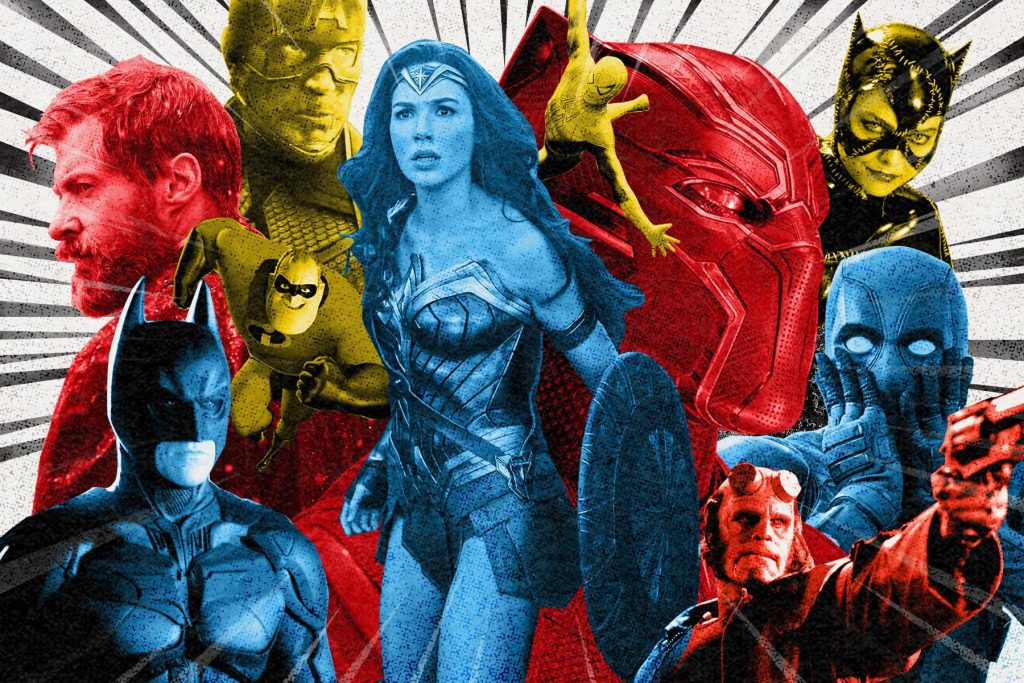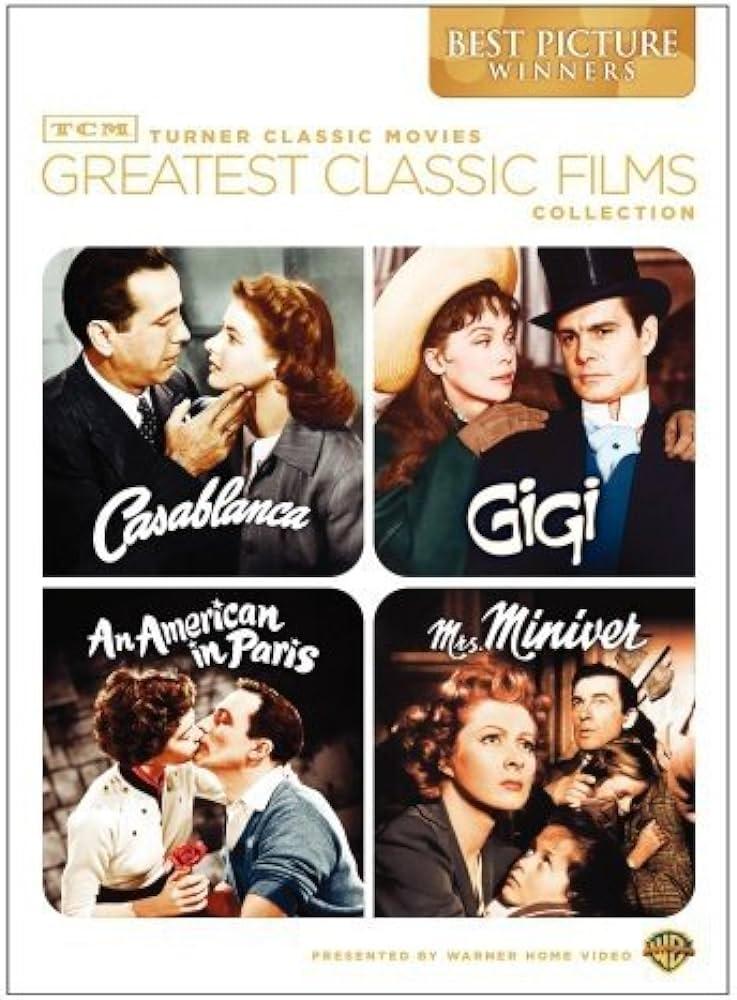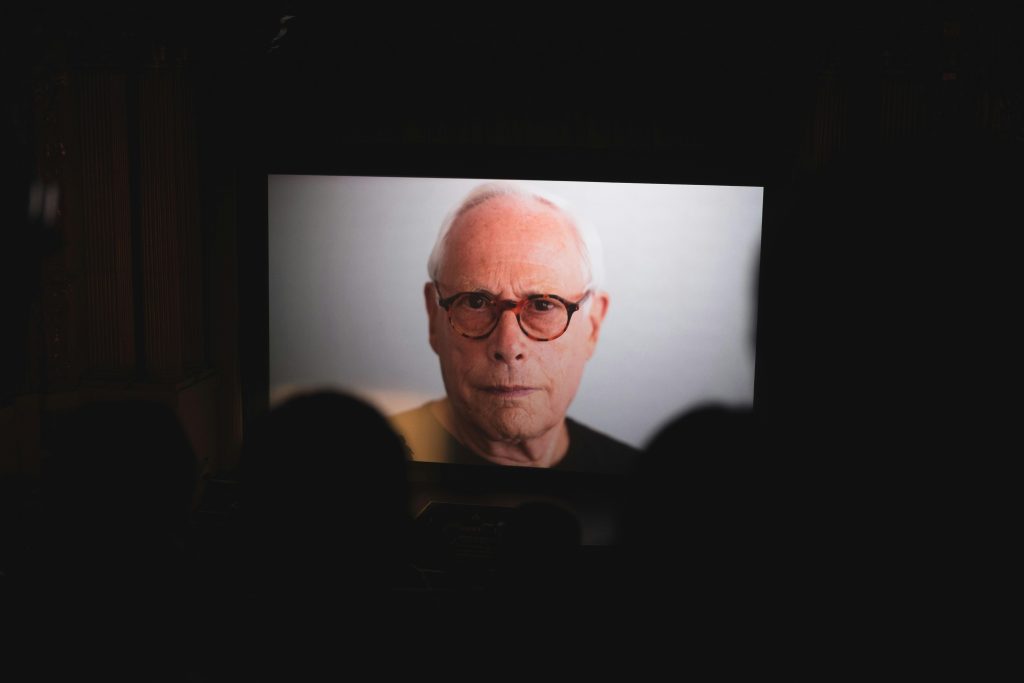In an age where cinematic landscapes are often dominated by superhero spectacles and fast-paced thrillers, the enigmatic allure of classic films like Ingmar Bergman’s The Seventh Seal poses an intriguing question: Can such films still resonate with contemporary audiences? As we navigate through a digital era saturated with instant gratification and relentless visual stimuli, the introspective and symbol-laden narratives of yesteryear invite us to pause and reflect. This article embarks on an exploration of whether modern viewers, equipped with a vastly different cultural lens, can truly grasp the existential ponderings and profound allegories presented in Bergman’s masterpiece. By delving into the timeless themes, cinematic techniques, and evolving audience perceptions, we seek to uncover the enduring relevance—or potential obscurity—of a film that continues to challenge and captivate minds across generations.
Exploring Timeless Themes in The Seventh Seal
Ingmar Bergman’s The Seventh Seal delves into profound and timeless themes that continue to resonate with audiences today. At its core, the film explores the existential quest for meaning in a seemingly indifferent universe. This is embodied in the iconic chess match with Death, symbolizing humanity’s struggle against the inevitability of mortality. The film’s meditative pace and philosophical dialogues invite viewers to reflect on their own beliefs and the transient nature of life.
Modern audiences can still find relevance in the film’s exploration of universal themes, such as:
- Faith and Doubt: The juxtaposition of the knight’s quest for God and the squire’s skepticism reflects the timeless conflict between belief and nihilism.
- The Human Condition: Characters grapple with despair, hope, and the search for purpose, mirroring contemporary struggles.
- Art and Storytelling: The traveling actors within the film serve as a metaphor for the role of art in confronting and interpreting life’s mysteries.
The Seventh Seal offers a rich tapestry of ideas that transcend its medieval setting, making it a thought-provoking experience for any era.
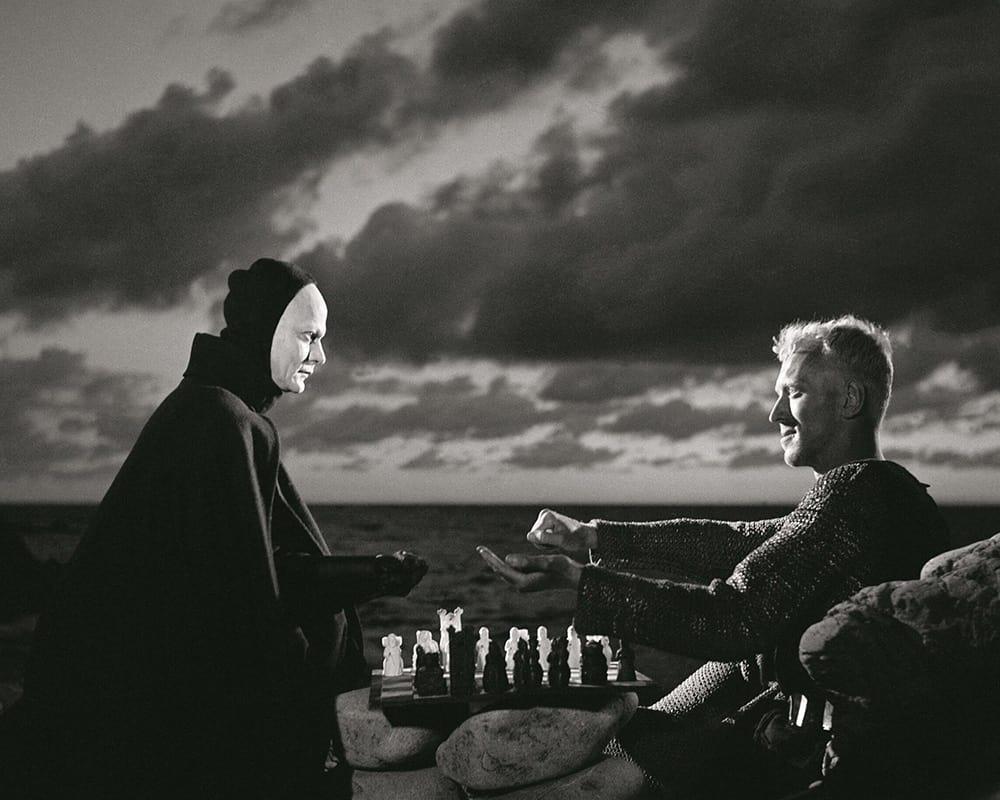
Cultural Shifts and Their Impact on Film Interpretation
As society evolves, so too does the lens through which we view art, including film. Movies like The Seventh Seal are steeped in the existential and theological anxieties of their time. Today’s audiences, however, are navigating a landscape shaped by rapid technological advancements, global interconnectedness, and shifting social norms. This can create a fascinating juxtaposition when interpreting classic films. For instance, the iconic chess game with Death may resonate differently in an era more focused on individualism and digital immortality.
Modern viewers might interpret such films through various contemporary prisms:
- Technological Isolation: In an age dominated by digital connections, the film’s themes of isolation and introspection can be viewed through the lens of technology’s role in human interaction.
- Existential Queries: As global crises intensify, themes of existential dread are ever-relevant, but perhaps interpreted with a new urgency.
- Cultural Relativism: The film’s religious allegories may be seen through a more secular or pluralistic viewpoint, reflecting today’s diverse belief systems.
These shifts underscore the adaptability of classic cinema, as each generation finds new meanings and insights, proving that the timelessness of such films lies in their ability to transcend their original context.

Bridging Generations Through Cinematic Language
In an era where digital storytelling often prioritizes rapid pacing and visual spectacle, Ingmar Bergman’s classic, The Seventh Seal, poses a curious challenge for modern audiences. This film, with its contemplative exploration of existential themes and minimalist aesthetic, offers a cinematic experience that contrasts sharply with contemporary filmmaking. Yet, it is this very divergence that can captivate today’s viewers, inviting them to engage with the film on a more introspective level. Modern audiences may find value in the film’s ability to prompt reflection on universal themes, such as mortality, faith, and the human condition, which remain as relevant now as they were in 1957.
- Timeless Themes: The film delves into questions of life and death, faith, and the search for meaning, encouraging viewers to ponder these eternal concerns.
- Visual Storytelling: The stark, monochromatic imagery invites audiences to appreciate the power of visual metaphor and symbolism.
- Character Archetypes: The characters embody archetypal roles, allowing for a deeper connection with the audience’s own life experiences.
By embracing these elements, modern viewers can bridge the gap between past and present, discovering a shared language through the medium of film that transcends the boundaries of time.
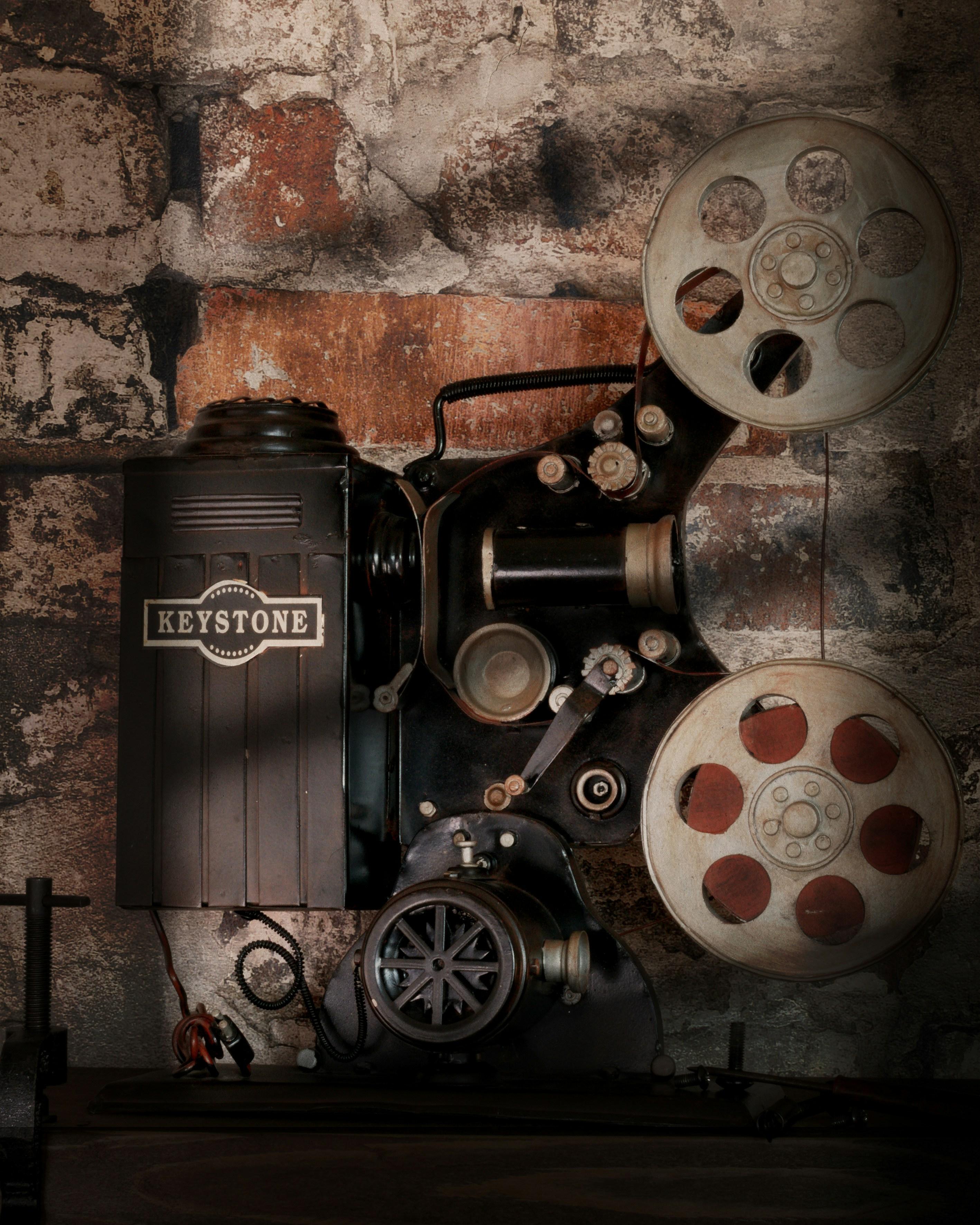
Recommendations for Modern Viewers of Classic Cinema
For contemporary viewers diving into the world of classic cinema, understanding films like The Seventh Seal can be a richly rewarding experience. Here are some suggestions to enhance your viewing:
- Embrace Symbolism: Classic films often use symbolic imagery to convey deeper meanings. Take time to reflect on these symbols and their potential interpretations.
- Context is Key: Understanding the historical and cultural backdrop of the time when the film was made can provide valuable insights into its themes and characters.
- Patience with Pacing: Be prepared for a slower narrative pace than modern films. This allows for a deeper exploration of themes and character development.
- Explore Discussions: Engage with online forums and film communities to discuss interpretations and gain new perspectives from fellow viewers.
By approaching these films with an open mind and a willingness to explore beyond the surface, modern audiences can find profound connections with the timeless narratives and philosophical inquiries presented in classic cinema.


